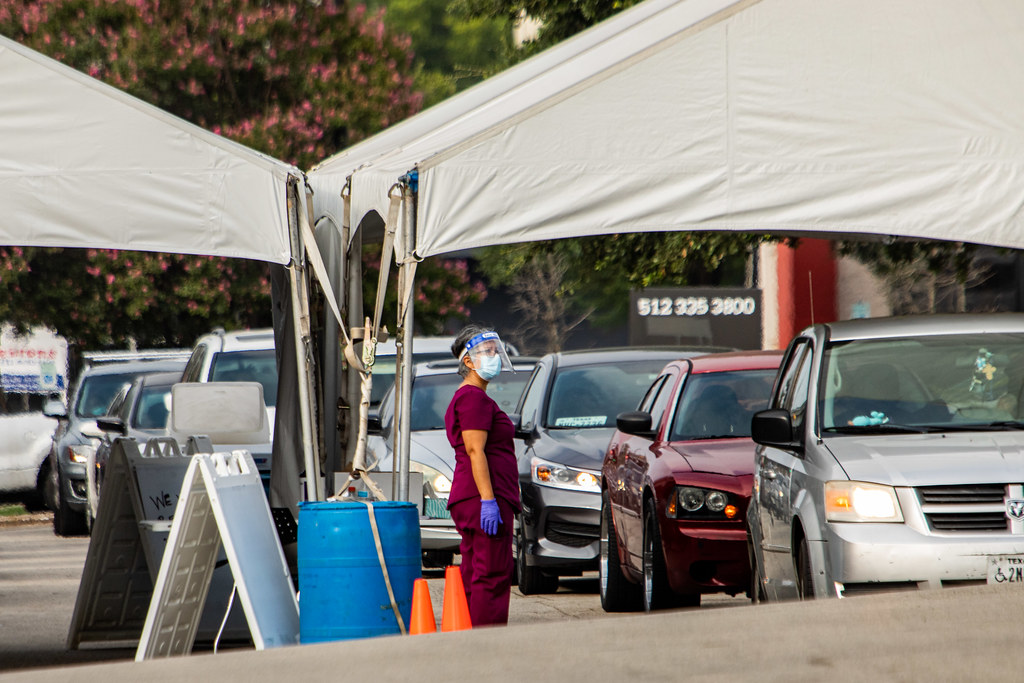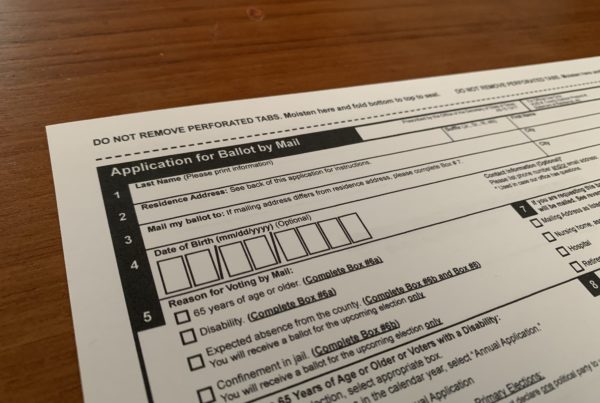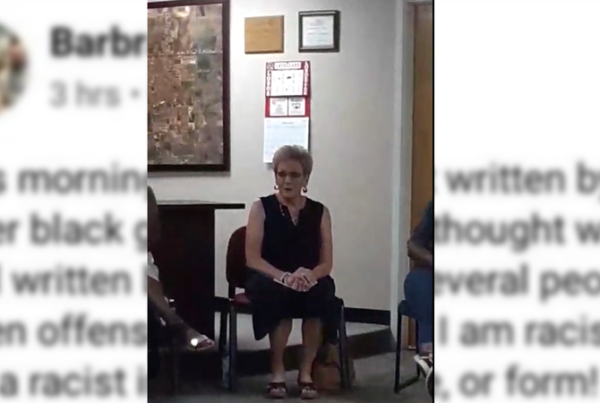In this week’s installment of Ask a Doctor, UT Health San Antonio physician Fred Campbell answers more of Texas Standard listeners’ most pressing questions about the coronavirus.
Why does Texas’ COVID-19 death ate appear to be so low?
Campbell said the current death rate is “deceptive.” Cases are still rising as the state reopens, especially among young people. Most young people won’t die from the disease. But they can expose other, more vulnerable people to it.
“So, there will be a lag time before the death rate, particularly among our most vulnerable, increases,” he said.
What is the difference between a coronavirus “hot spot” and “community spread”?
Community spread happens when the virus is passed among people are doing essential activities, like grocery shopping. But hot spots are in places where people gather for non-essential activities, like concert venues or bars.
“Those kids of situations where people are, perhaps, not being as smart about masking and social distancing,” Campbell said.
How frequently does the state release new COVID-19 statistics?
The Texas Department of State Health Services updates its coronavirus website daily with new case and death numbers. But Campbell warned that the numbers don’t always tell the full picture. The state collects the total number of positive cases and the number of people who have recovered from the disease.
“The difference between those two numbers tends to be a reasonably good estimate of the active cases,” he said
Does COVID-19 have lasting effects on someone’s health?
There is anecdotal evidence that the disease can have detrimental effects besides the usual symptoms like shortness of breath. Campbell said the likeliest effect could be a worsening of chronic health conditions like kidney diseases, cardiovascular disease and Iung conditions.
He’s most concerned about those who have been in intensive care for COVID-19. Some people who have been in ICU on a ventilator for a long period of time can develop what’s known as “ICU syndrome.”
“The likelihood of having significant cognitive deficits … is very, very high,” he said.
Web story by Caroline Covington.














